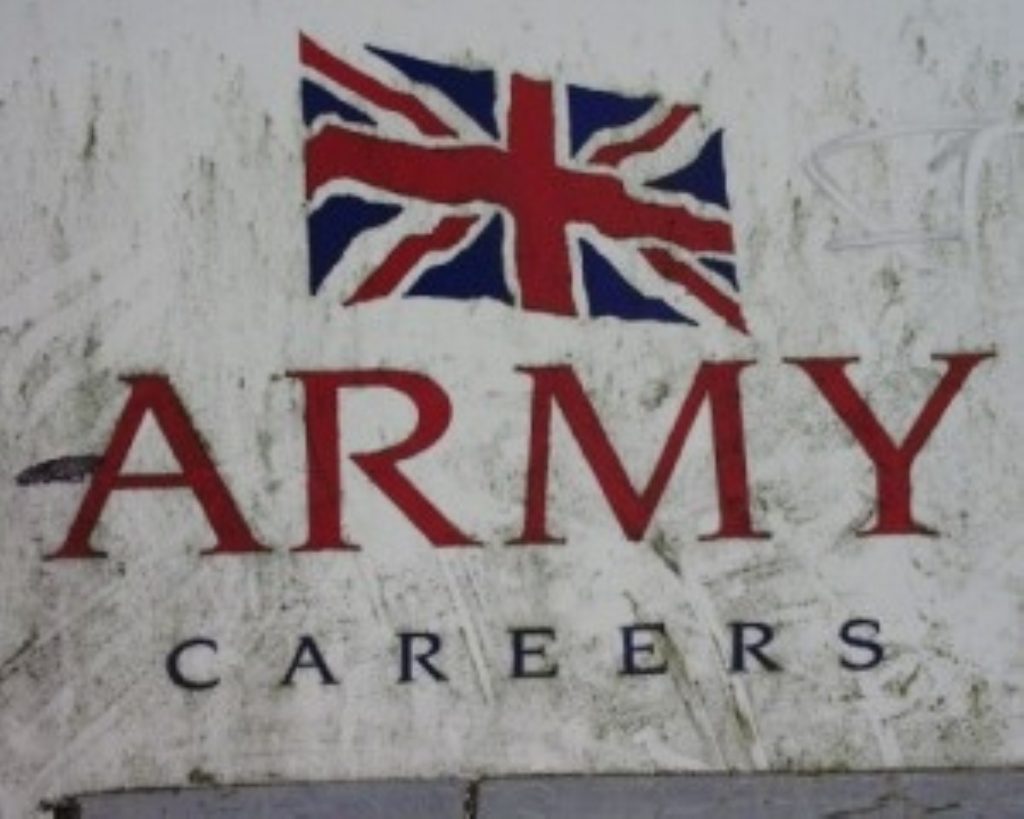New military ombudsman proposed
Armed forces personnel or their families concerned about abuse in the military will be able to complain to an independent figure, under plans announced today.
The new service complaints commissioner would have the power to refer complaints to the chain of command for action, armed forces minister Adam Ingram told MPs, and be informed of the outcome.
The proposals, to be included in the armed forces bill, build on recommendations made by the Deepcut inquiry into the deaths of three young recruits at a Surrey army barracks.
Report author Nicholas Blake concluded that Sean Benton, 20, Geoff Gray, 17, and Cheryl James, 18, probably took their own lives between 1995 and 2002, but he also found institutional failings had contributed to their deaths.


The armed forces bill currently going through parliament contains safeguards to improve the military justice system, but he said the creation of an independent military ombudsman was necessary to ensure this system worked properly.
He said the new commissioner should have a right to be consulted in disciplinary matters or intervene to institute legal proceedings where the commanding officer’s decision was questionable.
But today Mr Ingram said these recommendations had been rejected on the basis that they could undermine the role and independent of the prosecuting authorities. He noted that no such equivalent role existed in the civilian justice system.
“We maintain that the chain of command’s primary responsibility for welfare should not be undermined,” he told the House of Commons.
“However, in providing for a service complaints commissioner, we accept the need for external, independent assurance, especially for a vulnerable young trainee – or his family or friends – who may feel uncomfortable about approaching a commanding officer directly.”
Shadow defence secretary Liam Fox said he was encouraged that the proposed ombudsman would not undermine the chain of command, but insisted more details were needed about how he would be appointed, and what kind of experience he would need.
Liberal Democrat defence spokesman Nick Harvey also called for more clarity on the role’s remit, resources and power, which he said “appear insufficient”.
“To ensure real progress against abuse the commissioner must be truly independent, fully resourced, and equipped with extensive powers of investigation of both individual and systemic problems,” he said.
Elsewhere, the government has broadly accepted the Blake inquiry’s recommendations, although Mr Ingram pointed out that many measures had already been implemented, in particular in improving the care of trainee personnel under the age of 18.
This included new guidance to commanding officers during their training, and a new supervisory care policy introduced in March to help people assess the needs and limitations of young trainees.












